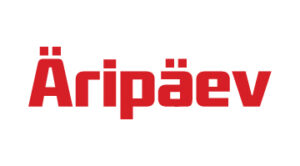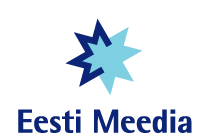5 myths of the fitness world
Working with personal clients as well, I’ve heard different myths that people take seriously. I will point out 5 basic misconceptions and explain them in more detail.
- Excess protein intake damages the kidneys
The functions of the kidneys include removing waste products from the body and ensuring the balance of body fluids in the body. They filter the blood and expel unnecessary substances through the urine. Proteins are large molecules, so it is said that removing excess protein from the body puts a strain on the kidneys. This is where the first misconception arises – proteins are very complex molecules, but they are broken down into smaller particles in the body before they reach the blood. This means that protein molecules do not reach the blood in the same size as they do in the body. If there are no previous kidney problems, protein consumption will most likely not cause it. 2014. A study was conducted where subjects consumed 5.5x more protein than the recommended daily amount. The group that consumed more protein did not achieve any changes in muscle mass compared to the group that consumed the recommended daily amount. So consuming too much protein is a waste of money.
- Creatine is harmful to the kidneys as well as other organs
Creatine is used by many athletes who want to build muscle mass. According to some reports, creatine consumption causes kidney damage, so people with kidney failure should avoid creatine consumption. However, studies have shown that 5-20g of creatine per day is safe for a healthy athlete.
- Do not eat more than 1 egg per day, because cholesterol is dangerous
All of us have surely heard that cholesterol consumption causes cardiovascular diseases. In fact, cholesterol is an essential compound in our body. Cholesterol only becomes dangerous when our body is inflamed.
Eggs are indeed high in cholesterol, which was long thought to be one of the main causes of cardiovascular disease. Research over the past few decades has shown that other factors, such as the consumption of animal fats, and not only the consumption of cholesterol in food, can cause an increase in the level of “bad” cholesterol. Eggs contain lecithin, which stabilizes cholesterol levels.
- In order to burn body fat, you have to avoid consuming fats
Unfortunately, the perception is spreading that if you consume fats, you will get fat. Fat is one of the three macronutrients, along with protein and carbohydrates. It is necessary to consume fat on a daily basis, as well as proteins and carbohydrates. Each of the three macronutrients has a specific function in our body. The tasks of fats are obtaining and storing energy, assimilating fat-soluble vitamins, synthesizing hormones, etc. Fats are very necessary for our body! The proportion of vegetable fats in the daily menu must be greater than the proportion of animal fats. Sources of vegetable fats are, for example, nuts, seeds, avocados. Fats should make up 25-30% of the daily diet
- After 18:00 in the evening you must not eat carbohydrates
I’m pretty sure the carbs don’t know the time.
Complex carbohydrates (e.g. buckwheat, brown rice) could be consumed in the evening, as this has a positive effect on the hormonal system. In addition, carbohydrates are needed in anti-inflammatory reactions. During the day, anti-inflammatory responses are handled by a hormone called cortisol. Since the level of cortisol in the body is at its lowest in the evening, the consumption of carbohydrates is justified.












